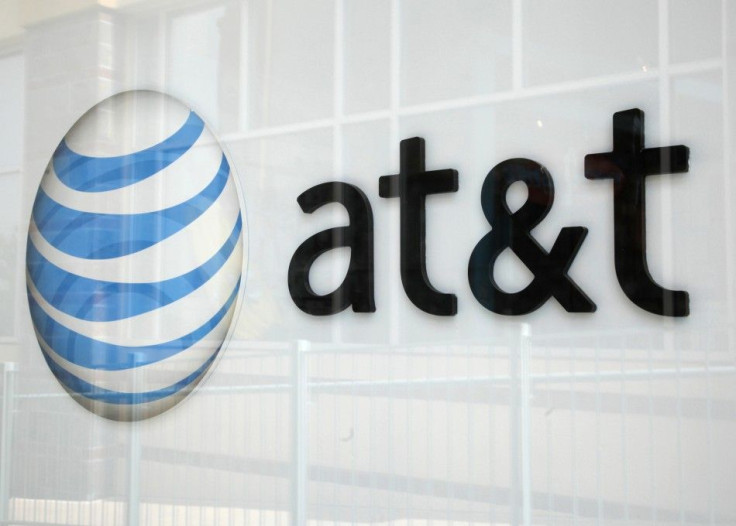SEC: AT&T, Sprint, Verizon Must Allow Shareholder Votes on Net Neutrality

The U.S. Securities and Exchange Commision has directed AT&T, Sprint Nextel and Verizon Communications to conduct shareholder votes on network neutrality.
The shareholder proposals, if passed at each company's annual meeting, would require each company to run its wireless operation consistent with network neutrality principles --- i.e.., operate a neutral network with neutral routing along the company's wireless infrastructure such that the company does not privilege, degrade or prioritize any packet transmitted over its wireless infrastructure based on its source, ownership or destination.
The proposals were submitted by the Nathan Cummings Foundation and Benedictine Sisters of Mount St. Scholastica,both corporate shareholders. Other investors, including Mike D of the punk band The Beastie Boys, co-sponsored the proposals.
The issue of net neutrality is definitely something shareholders should have a voice on, Laura Campos, Cummings Foundation's director of shareholder activities, said in an interview.
Shareholders have pressed for votes on net neutrality for several years, but telecommunications companies argued that it could lead to micromanagement, Campos said.
The SEC has a policy allowing requests for shareholder votes on routine business to be denied. The commission previously agreed that net neutrality consisted of routine business, but changed course this week, citing the larger policy debate.
In view of the sustained public debate over last several years concerning net neutrality and the Internet and the increasing recognition that the issue raises significant policy considerations, we do not believe that Verizon may omit the proposal from its proxy materials, SEC Special Counsel Carmer Moncada-Terry wrote Verizon on Monday.
AT&T and Sprint Nextel received similar letters from the SEC this week.
Sprint Nextel believes that the shareholder proposal in question dealt with matters that relate to its ordinary business operations, Sprint spokesman Scott Sloan said in an email. He wrote the company is reviewing the information received from the SEC and potential next steps.
Verizon declined to comment on the SEC's ruling. AT&T couldn't be reached for comment.
The Federal Communications Commission has generally supported and enforced net neutrality. Supporters argue it allows small companies to compete with telecommunications companies offering similar services. Large companies such as Facebook, Google and Microsoft have argued in favor.
Opponents, who typically include telecommunications companies, argue that net neutrality policies would lead Internet service providers to devote fewer resources to innovation.Dissenters also argue programs such as Facebook Chat, Google Voice and Microsoft's Skype have freeloaded off communication networks built by ISPs.
The SEC recently was pressured by Congress to change course. Five U.S. Senators, all Democrats, including Minnesota's Al Franken, wrote a letter to SEC Chairwoman Mary Schapiro in January demanding change.
Whether the government will preserve and protect today's free and open Internet is the telecommunications and free speech issue of our time, the senators wrote. No other telecommunications issue has generated the same amount of public debate, legislative and regulatory action, and media attention over the last year as Internet freedom and net neutrality.
© Copyright IBTimes 2024. All rights reserved.





















